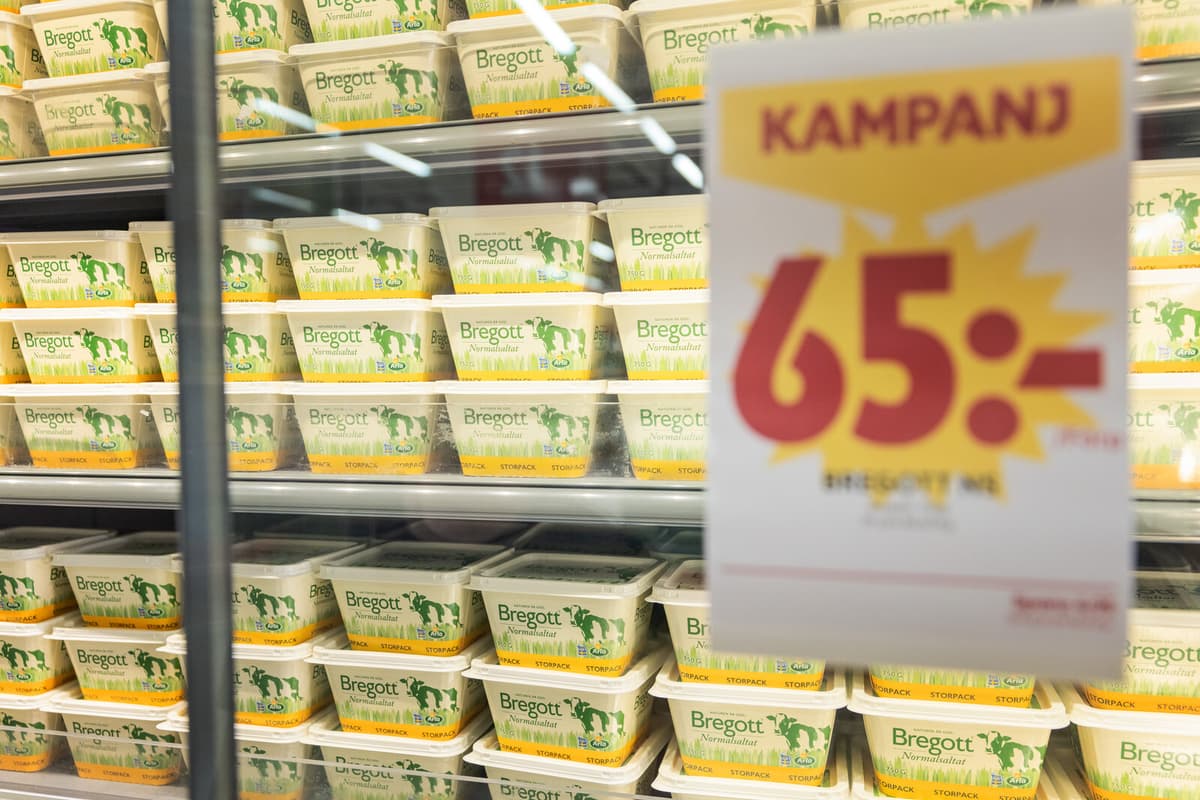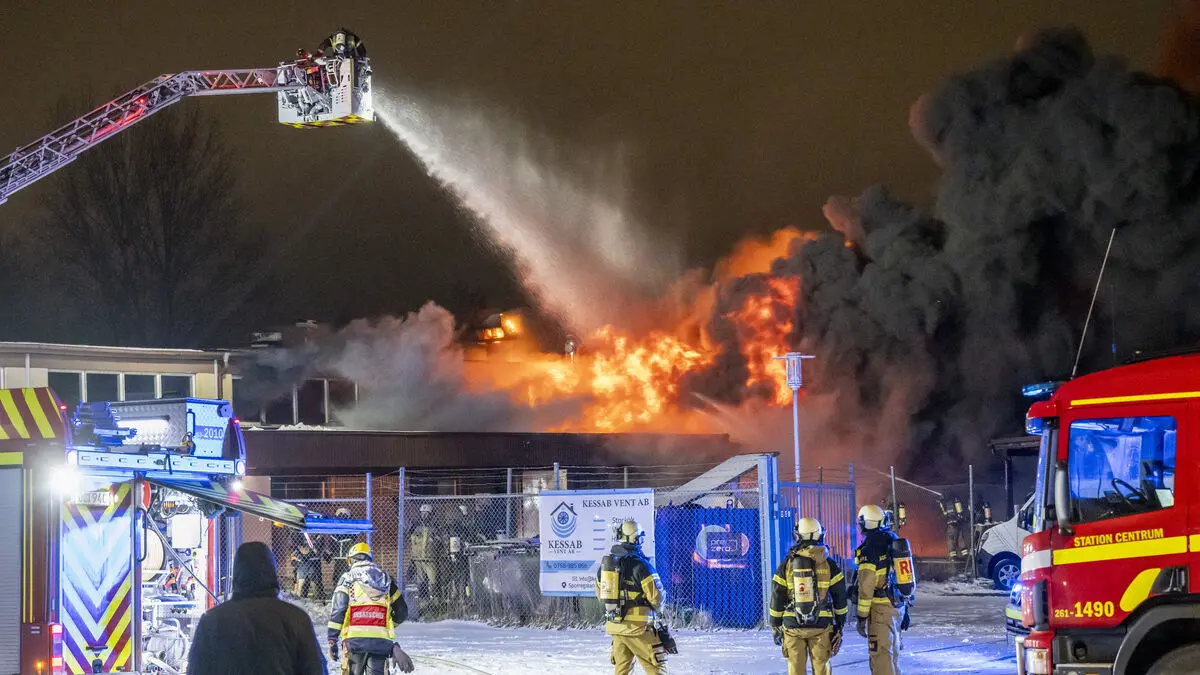Extreme weather and rising temperatures in the wake of climate change can cause food prices to rise by up to 3.2 percent per year, according to a study from earlier this year.
But it's not just poorer harvests that affect food prices. Measures to limit climate change will require large areas of land, including for bioenergy crops. At the UN biodiversity meeting in 2022, countries agreed to protect 30 percent of the world's land and sea areas.
This increases competition for land, and if we achieve everything, we need an agricultural system with a lower impact, to make land available for other important things. This will probably make food more expensive too, says Peter Alexander, researcher at the University of Edinburgh.
A different view on food
Over the past 50 years, there has been a pursuit of making food cheaper, partly to reduce undernourishment. Although hunger has decreased, it has also led to ultra-processed food, empty calories, and an obesity epidemic.
Instead of chasing cheaper food, I would say that we need more expensive food, and food that reflects the real cost – including health costs and environmental costs, says he.
This clearly means that you also value food in a more holistic way. You might reduce waste, think a bit more about what you eat, says he.
A difficult question
Peter Alexander and his research colleagues calculated last year that rising food prices would lead to one million deaths and that an additional 100 million would become undernourished. So how can one argue for more expensive food? According to Alexander, the solution is poverty reduction.
This can involve social benefits or other initiatives to ensure that people have sufficient incomes.
Sometimes the solution to food's environmental impact is suggested to be locally produced and organic, but it's not that simple, according to Peter Alexander. Organic farming tends to have lower yields and can also displace more efficient farming elsewhere.
If you look globally at food emissions, only a few percent are linked to international transport. So if local production causes greater emissions, or has another environmental impact in some way, you might not achieve anything, or make things worse.






